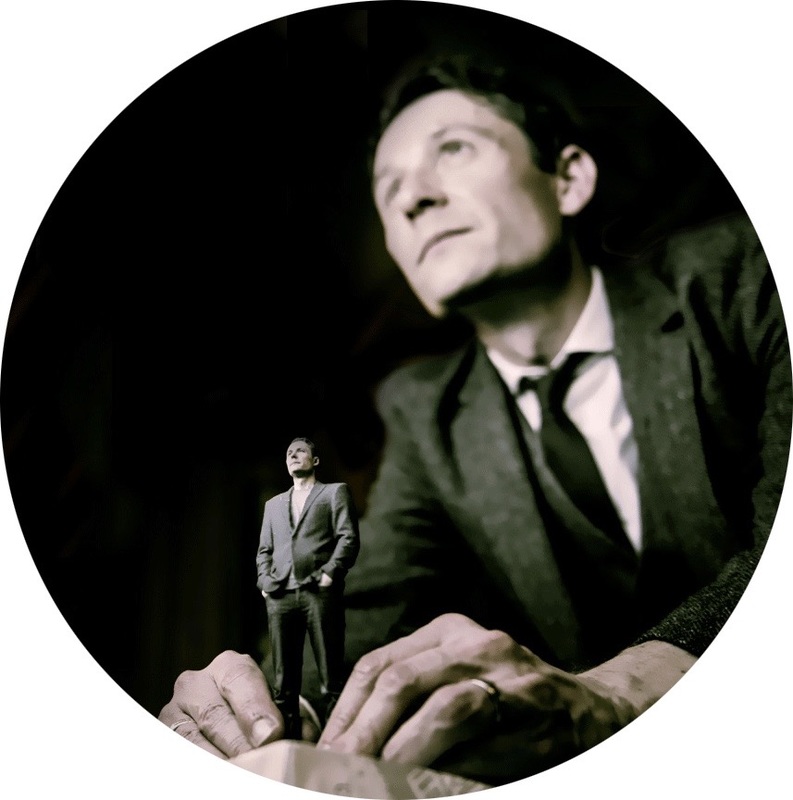|
Last Thursday evening (26th November) I joined colleagues and friends from Edinburgh University as we celebrated ten years of the MSc in Digital Education, whilst at the same time launching our new Centre for Research in Digital Education. Our party took place at the Edinburgh Storytelling Centre, just a short walk from the Moray House School of Education where both the MSc and the Research Centre were born.
The party was the culmination of a good deal of thinking and planning between Jeremy Knox, Siân Bayne and myself, supported at different times by other members of the Digital Education team. From the outset, we were keen that our celebratory event should reflect the personality of our teaching and research, as well as the distinct character of online education more generally. We wanted the party to be creative, experimental and thought-provoking (and fun). At different times during the planning stages our conversation touched on the potentially playful nature of digital scholarship (see for instance Land 2011, McKenna and McAvinia 2011) and how this might be captured in the party. We also considered how we might bring together different visual and aural elements into a single event in a way that would strike a chord with our invited guests, whilst at the same time acting as a representation of the potentialities of the digital form (thereby borrowing and adapting ideas put forward by Gunther Kress (2005) surrounding 'aptness of mode' and 'aptness of audience'). On other occasions we wondered whether the party could in itself pose questions about the way that the digital turn has disrupted conventional ideas surrounding time, place and body (evoking Siân's own work on uncanny digital pedagogies (2010)).
Photographs by Allan Shedlock
The images in the slideshow tell the story of the party in a much more colourful way than I could do in words, however in brief summary, the combination of digitally-enabled figurines, evolving data displays and a live digitally-themed soundtrack with accompanying music video in Second Life, seemed to be well received.
I think we can look at the party as an interesting way of representing and responding to some of the ideas that shape how we teach and learn within digital environments. Our main aim however was for people to enjoy themselves, and I think that happened too.
With thanks to Stephen Bezzina (DJ and graduate of the MSc in Digital Education), Angela Hunter, Marshall Dozier, Andrew Manches and other members of the Digital Education team.
References: Bayne, S. (2010) Academetron, automaton, phantom: uncanny digital pedagogies. London Review of Education. 8(1): pp. 5-13. Kress, G. (2005) Gains and losses: new forms of texts, knowledge and learning. Computers and Composition. 22(1): pp. 5-22. Land, R. (2011). Speed and the unsettling of knowledge in the digital university. In Digital Difference: Perspectives on Online Learning. Land, R. and Bayne, S. (Eds.) (Rotterdam, Sense Publishers): 61-70. McKenna, C. and McAvinia, C. (2011) Difference and discontinuity – making meaning through hypertexts. In Digital Difference: Perspectives on Online Learning. R, Land. and Bayne, S. (Eds.) (Rotterdam, Sense Publishers): pp. 45-60.
1 Comment
|
Search categories
All
I am a Lecturer in Digital Education (Education Futures), within the Centre for Research in Digital Education at The University of Edinburgh.
@james858499 [email protected] |
